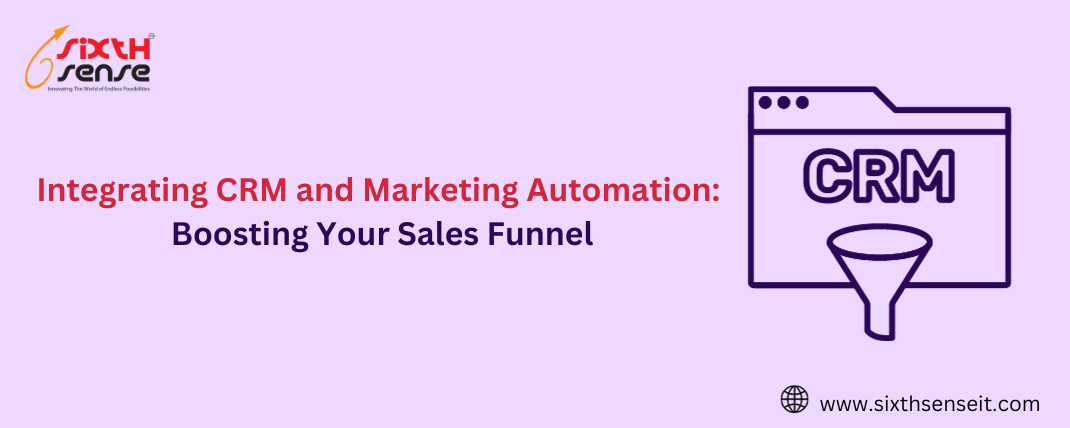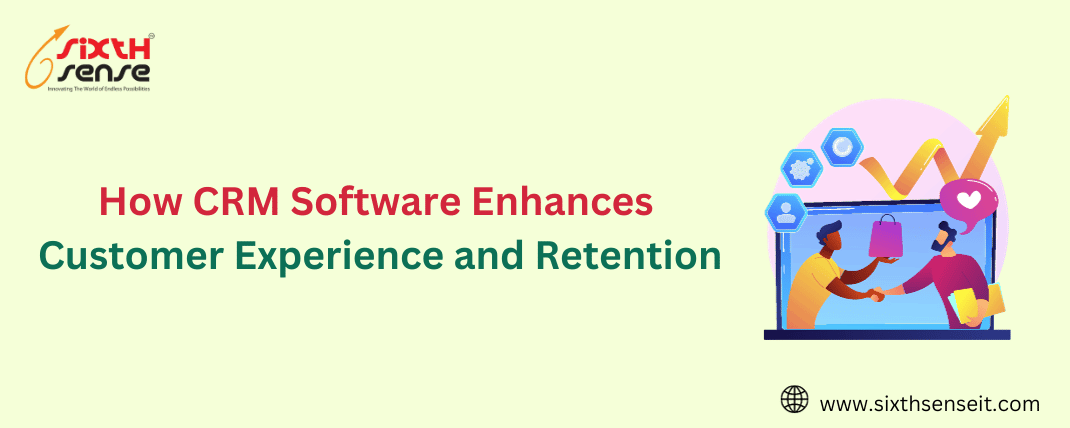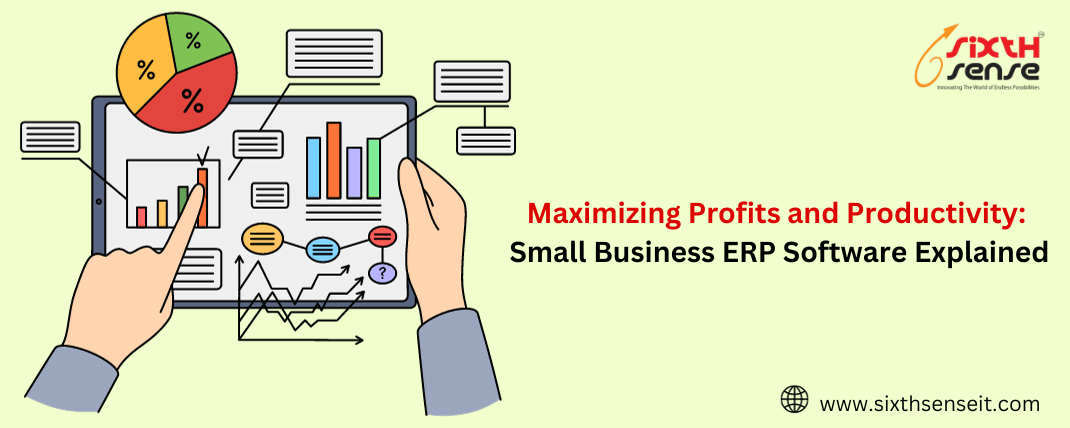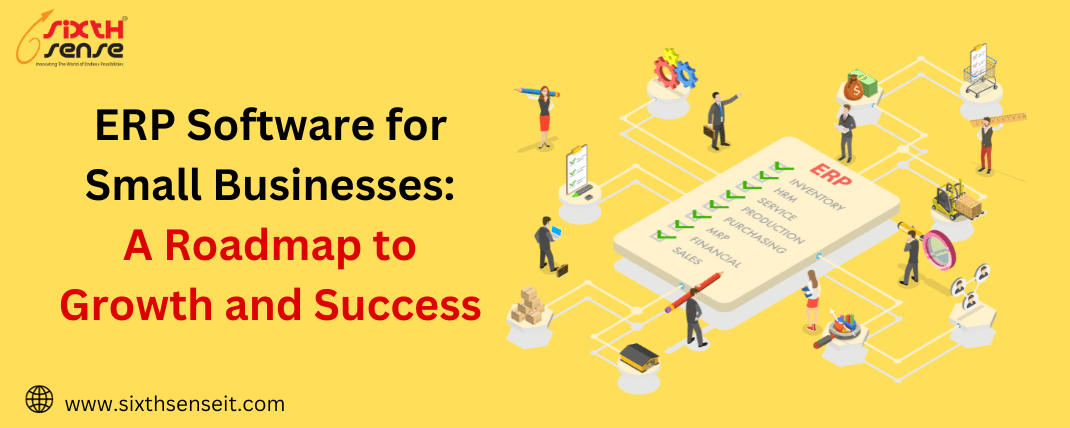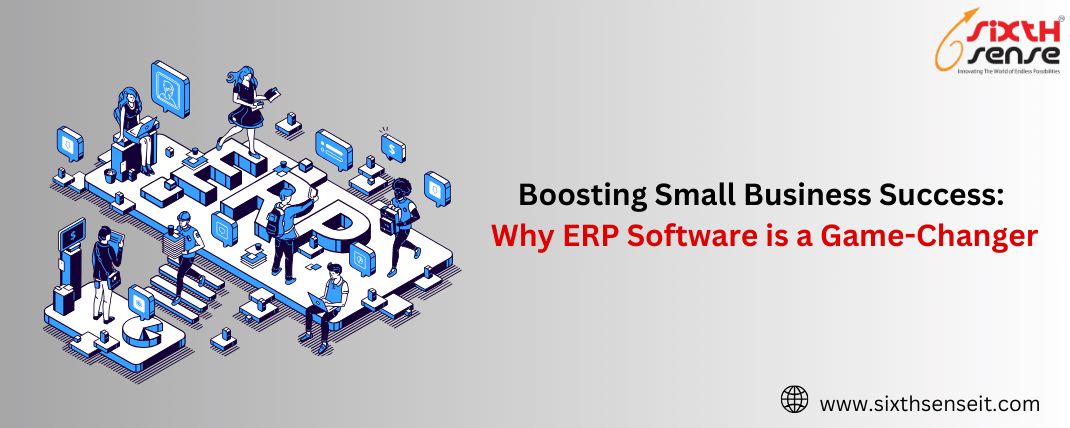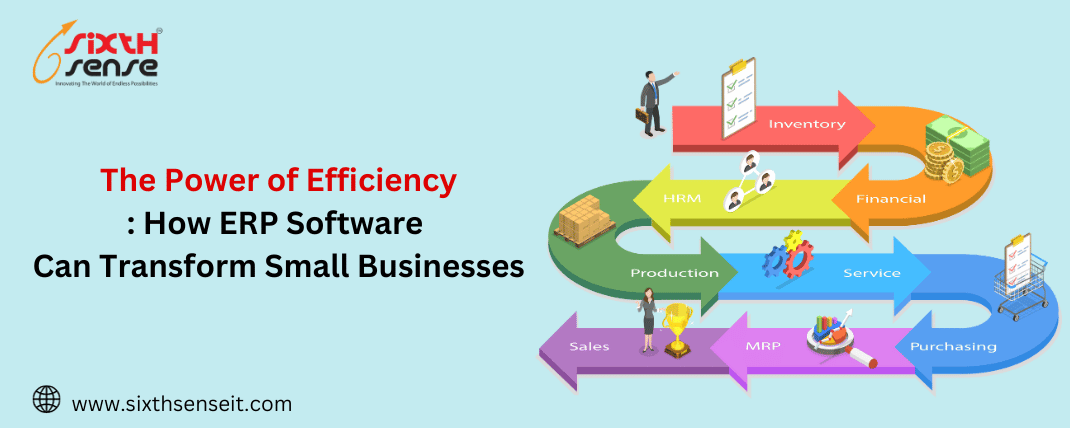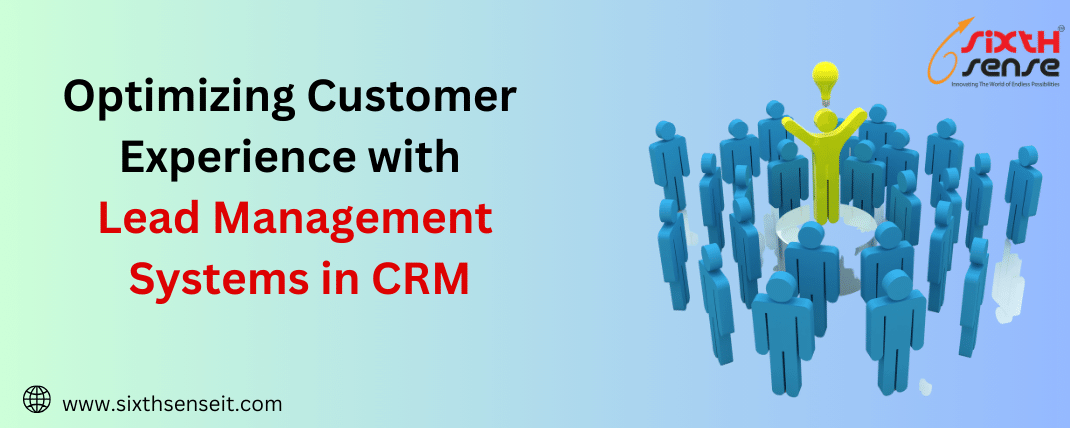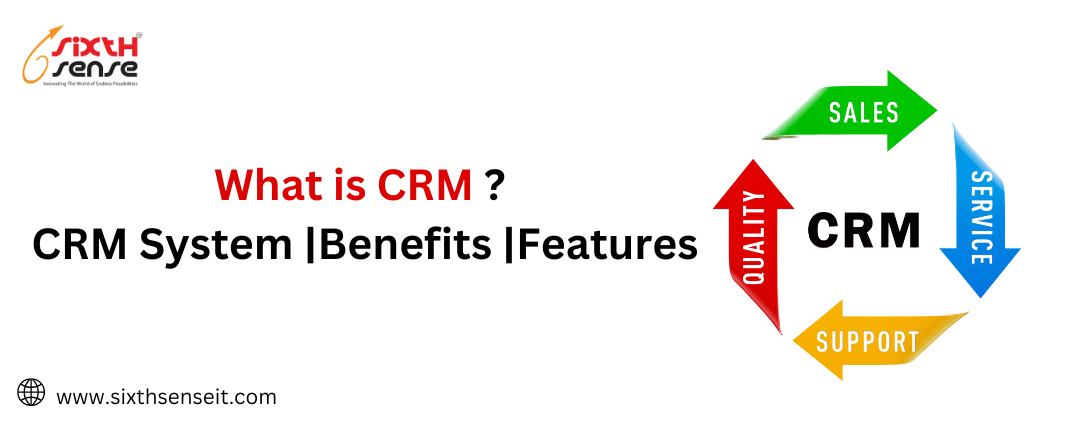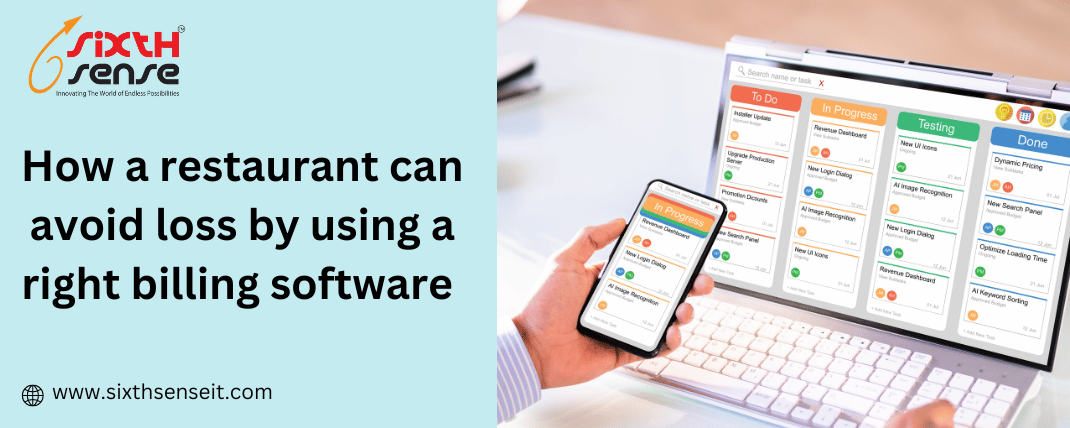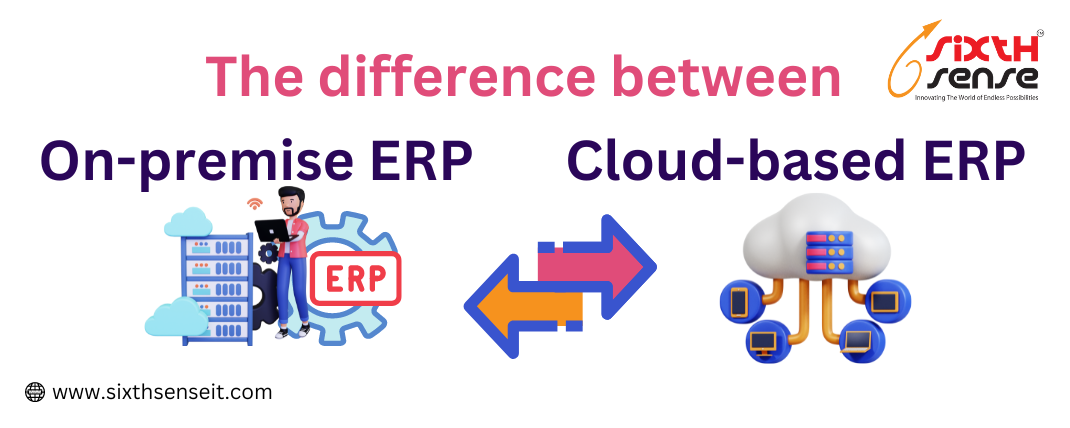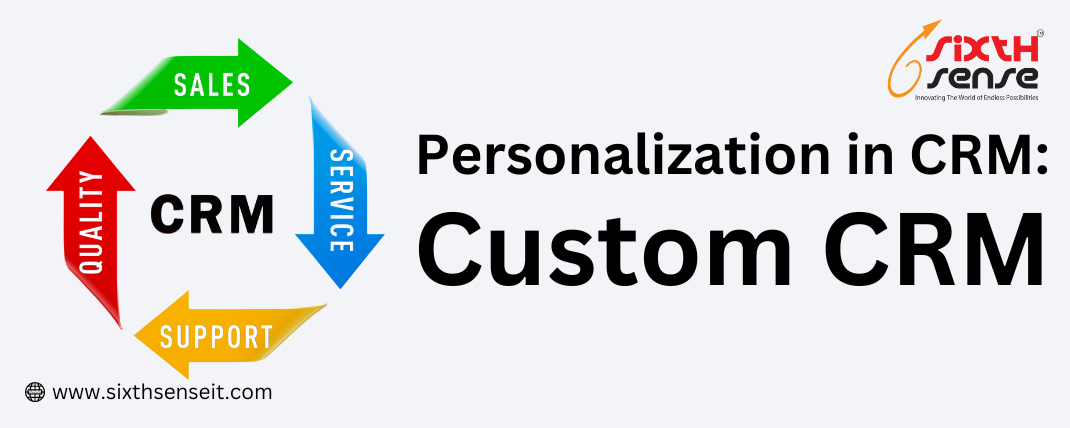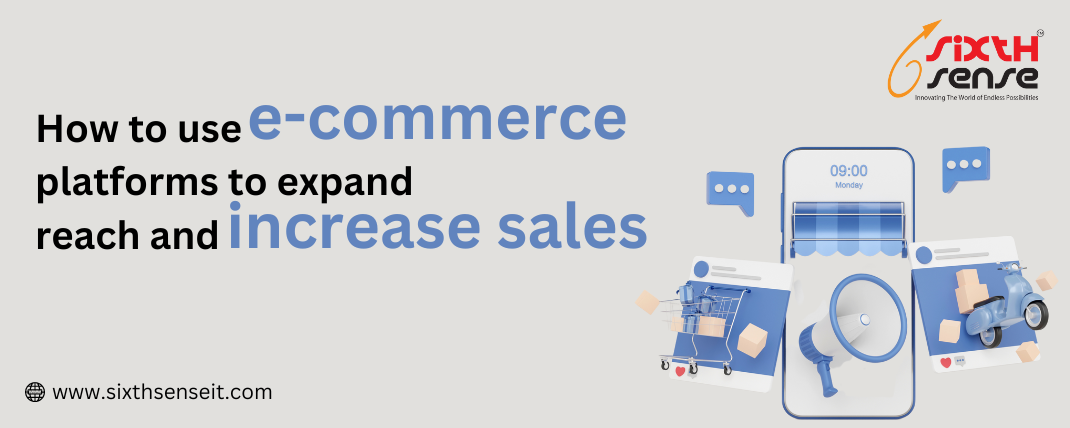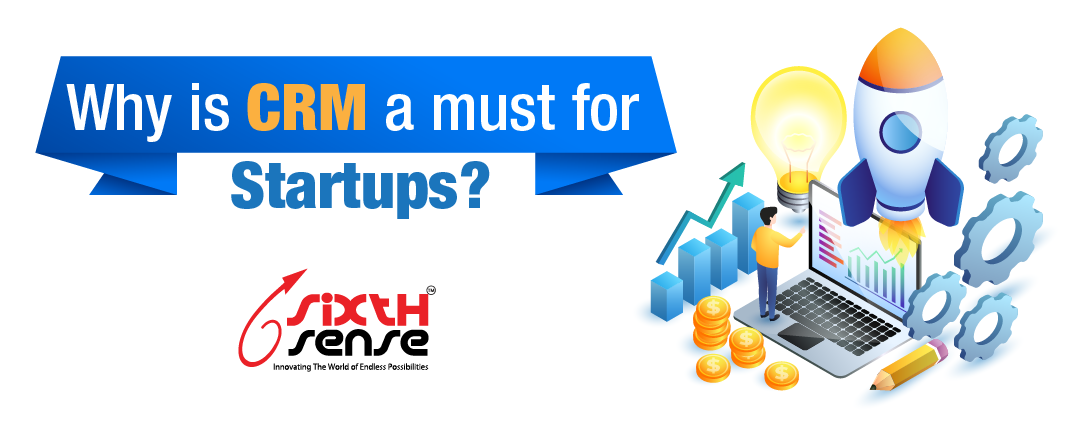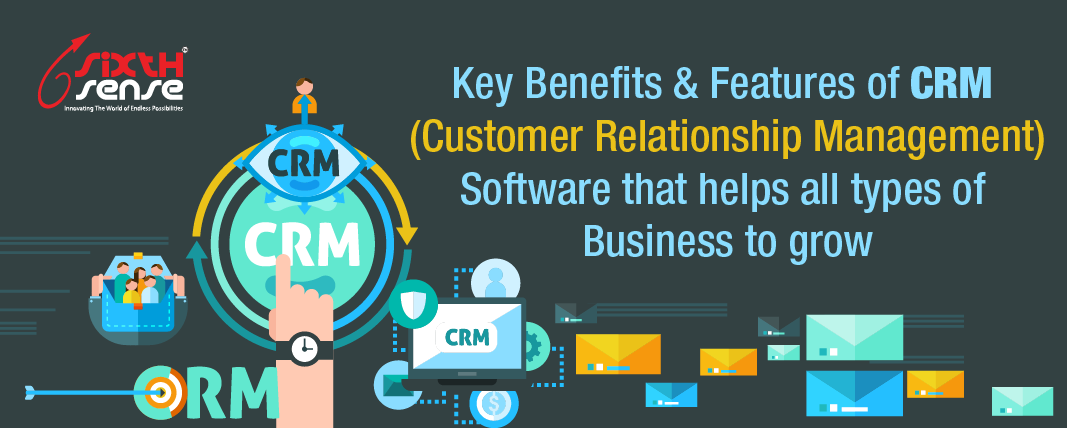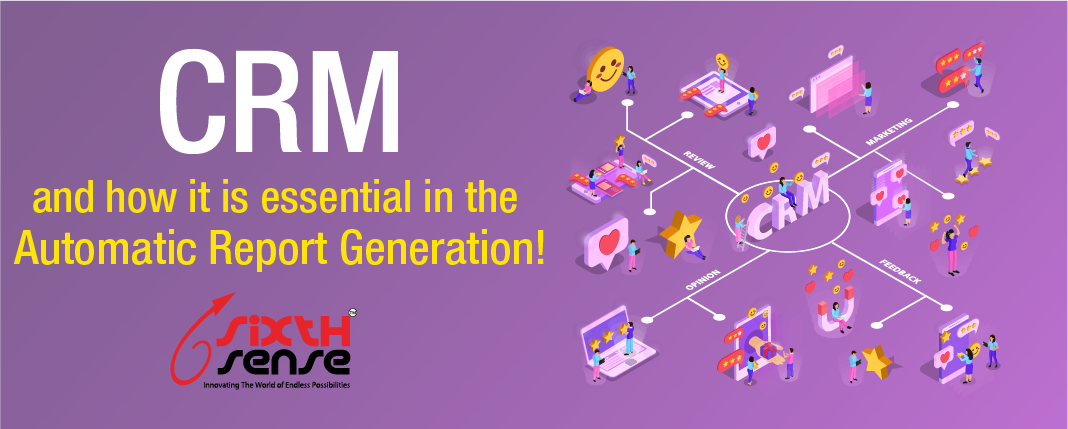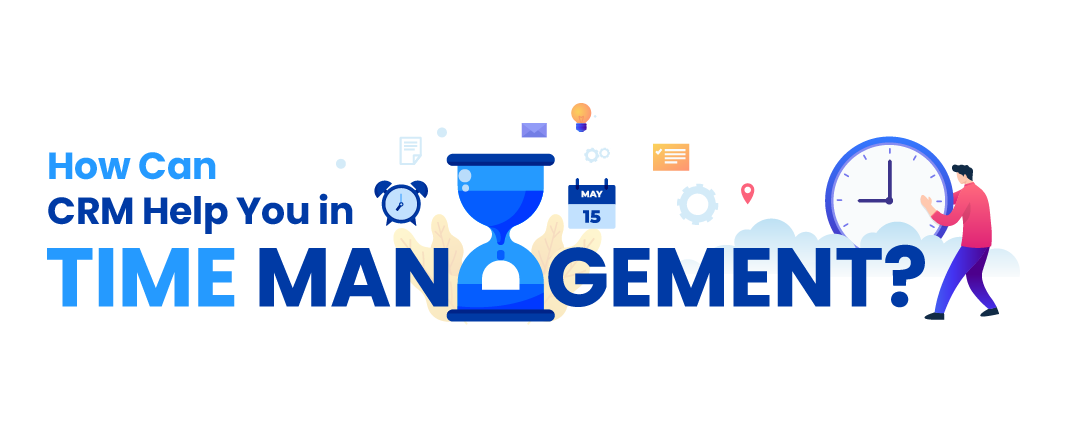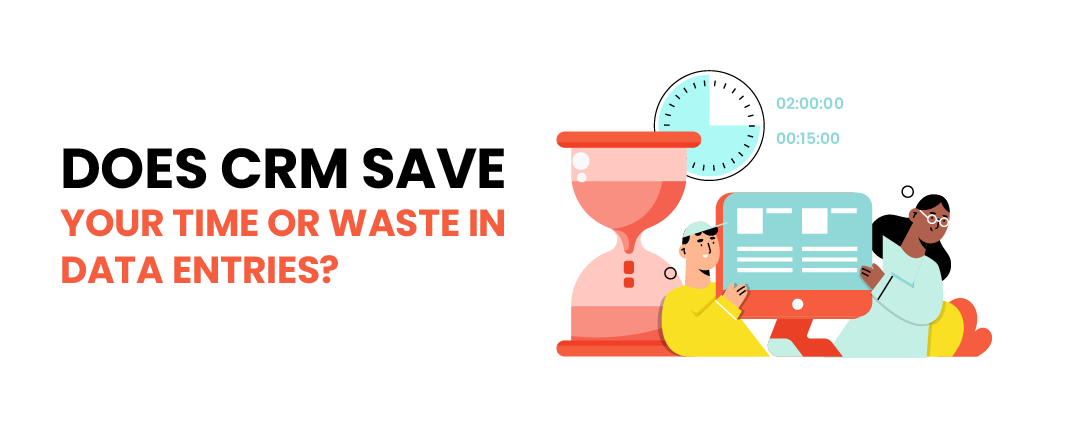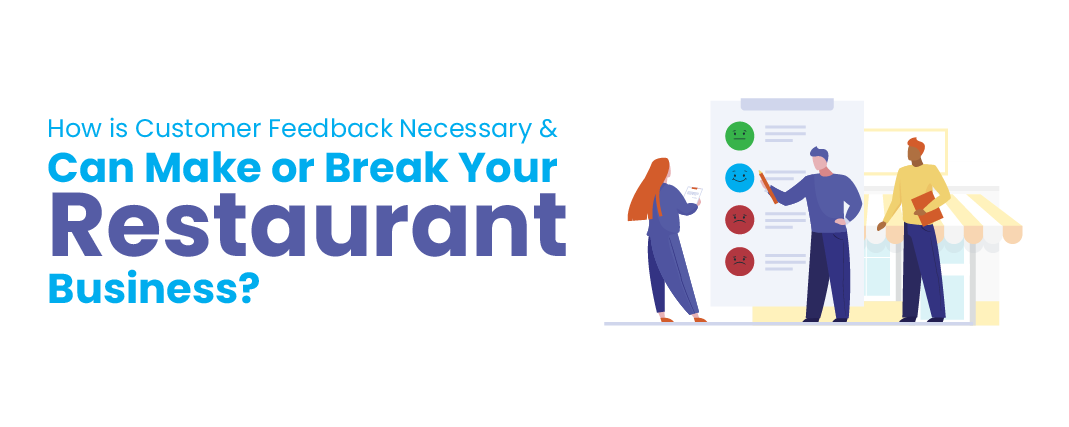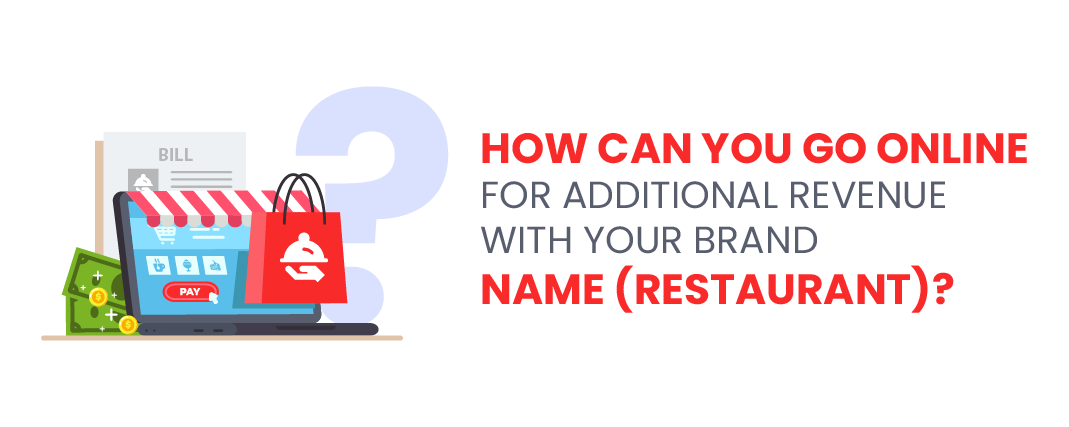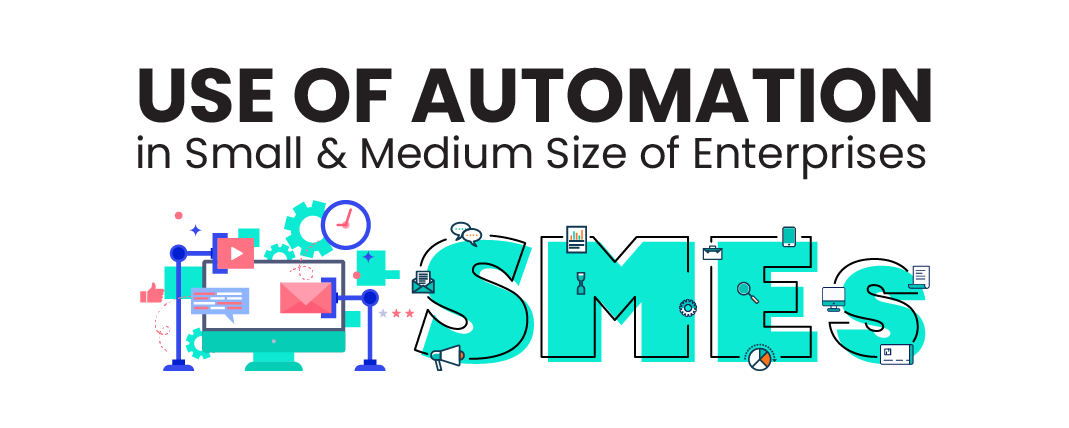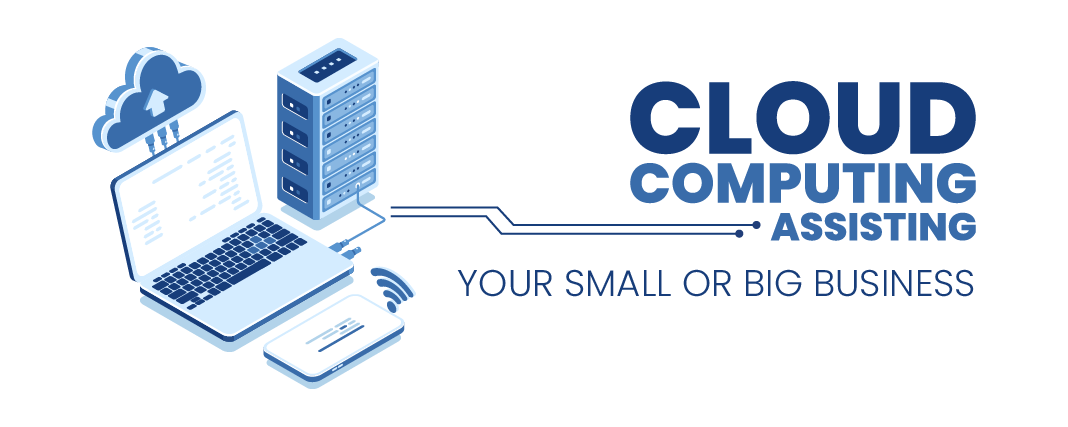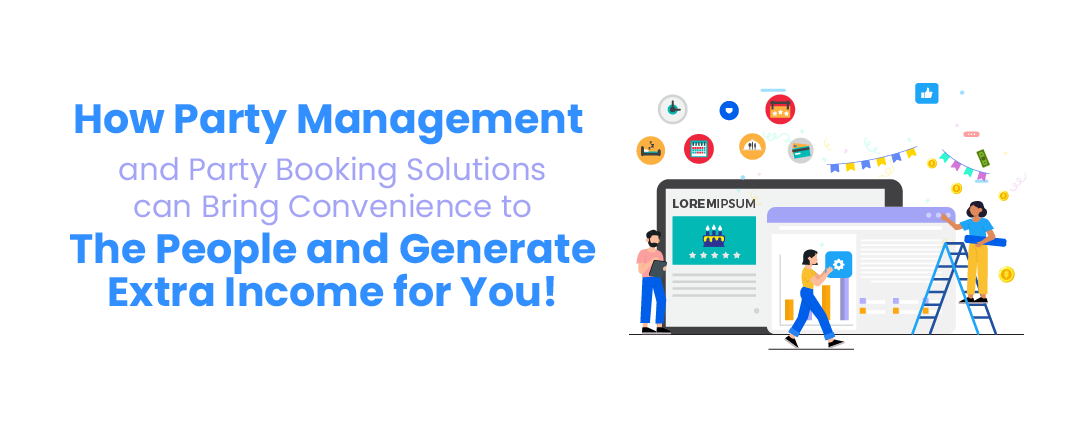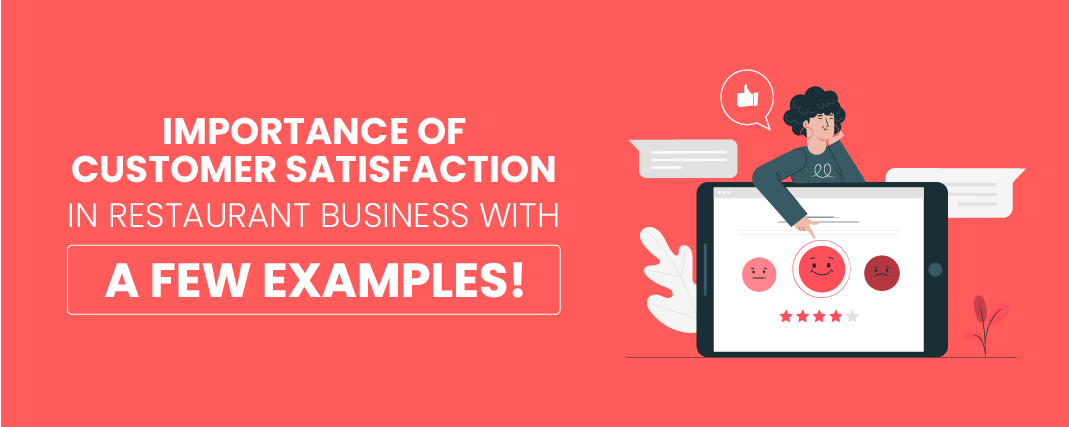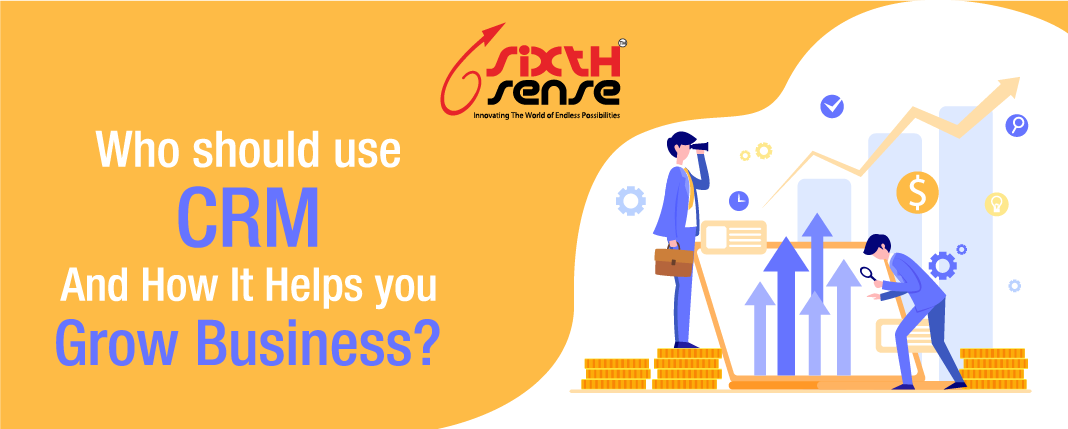
Unleashing Business Growth Potential Through CRM Strategy


In today's fast-paced world, maintaining strong customer relationships is vital for business success. With ever-changing preferences and high customer expectations, organizations must prioritize healthy and meaningful connections with their customers. To achieve these goals and stay competitive, businesses rely on CRM (Customer Relationship Management) digital tools.
The core principle of CRM is straightforward: prioritize the customer. According to Salesforce's "State of the Connected Customer" research report, 86% of customers value their experience with a company just as much as its products or services. When a business begins to view every aspect, whether it's a product or service, from the customer's perspective, they naturally deliver outstanding customer experiences (CX). This focus on CX ultimately leads to improved customer loyalty and retention. Let's explore how a CRM tool can unlock business growth potential.
Boosts Sales Efficiency
Measuring sales productivity can be tricky because it varies for each organization. This challenge arises because success metrics differ widely. Here's where a CRM tool comes to the rescue, helping organizations streamline their processes effectively.
When the sales department deals with numerous leads, a CRM can identify the best ones to target. Moreover, it ensures these leads are actively engaged. The CRM tool can create visual representations to highlight leads that require special attention. Additionally, it can automate tedious tasks like sending emails, executing sequences of actions, nurturing leads, and following up. These automations collectively enhance sales productivity.
According to a recent survey, CRM software has led to a 29% increase in revenue and a 34% improvement in sales productivity.
Managing multiple projects simultaneously can be challenging and demands effective resource allocation and robust project management. Astonishingly, about 67% of projects fail in organizations that underestimate project management as a strategic capability for driving change, as per a PMI survey.
CRM software comes to the aid of project-based businesses by providing a comprehensive view of the client experience, resource allocation, insights into timelines and tasks, and facilitating communication across various touchpoints. Combining CRM with project management enhances project and stakeholder interaction management. This integration enables companies to easily access project-related data, track project statuses, and provide clients with regular project updates, all from a unified platform.
This approach greatly benefits efficient project management by streamlining communication, collaboration, and project management responsibilities into a single platform
According to the Harvard Business Review, even a small 5% reduction in customer churn can lead to substantial revenue increases, ranging from 25% to 85%. It's imperative for companies to focus on nurturing relationships with both current and potential clients. CRM software plays a pivotal role in achieving this by providing a unified platform with a 360-degree view of each customer, accessible to all team members.
CRM tools empower businesses with the data and resources necessary to keep clients satisfied and loyal. They can swiftly identify the most effective communication channels and engage with potential customers through these channels. Furthermore, by centralizing all past interactions in one location, enterprises can prevent customer frustration and ensure a seamless customer experience. This approach not only attracts new customers but also encourages existing ones to stay longer. Deploying the right CRM software is essential for promptly resolving issues and providing exceptional customer care.
Enables Informed Data-Driven Choices
Many CRM platforms offer advanced data analytics, granting companies access to previously inaccessible real-time data and information. CRM empowers businesses to assess various aspects, from customer satisfaction and product/service performance to sales team effectiveness and marketing campaign success. It allows for automated lead qualification and the creation of dashboards for grouping clients based on specific criteria or demographics.
This helps businesses focus their marketing efforts on the audience segments with the greatest potential impact. Moreover, armed with these insights, companies can make more accurate forecasts and remove uncertainty from their long-term planning. Information from data analytics tools regarding customers, sales pipelines, performance, and forecasts guides decisions about future products or service enhancements, ultimately enhancing customer service.
CRM has become a potent digital tool for businesses aiming to unlock their growth potential. Its advantages, including increased sales productivity, improved project management, enhanced customer retention, and data-driven decision-making, empower businesses to meet customer needs and navigate dynamic markets. As organizations seek deeper insights into customer behavior and preferences, CRM software is expected to be a top priority. According to Grand View Research, the global CRM market is projected to grow at a CAGR of 13.9% from 2023 to 2030.
However, for successful CRM software implementation and seamless technological transformation, businesses require the assistance of an experienced technology partner. Such a partner not only understands organizational needs but also helps identify and deploy the right tech solutions. This simplifies operations for organizations and equips them with the tools to engage with customers more effectively.



